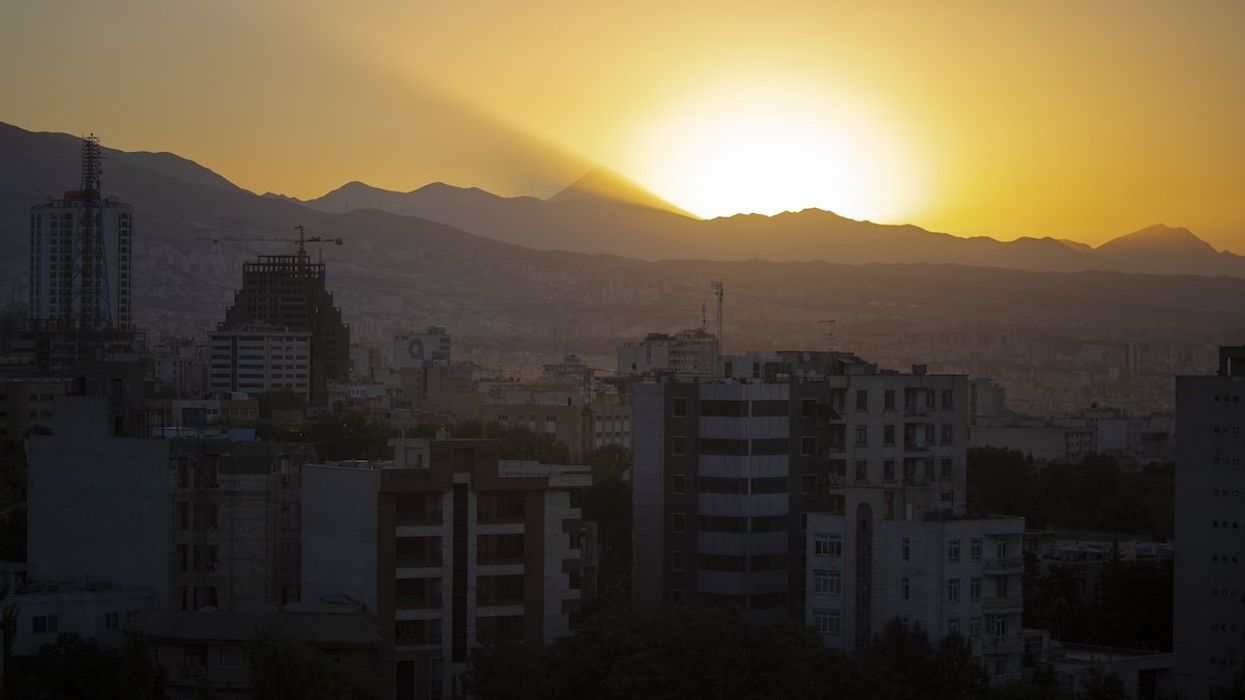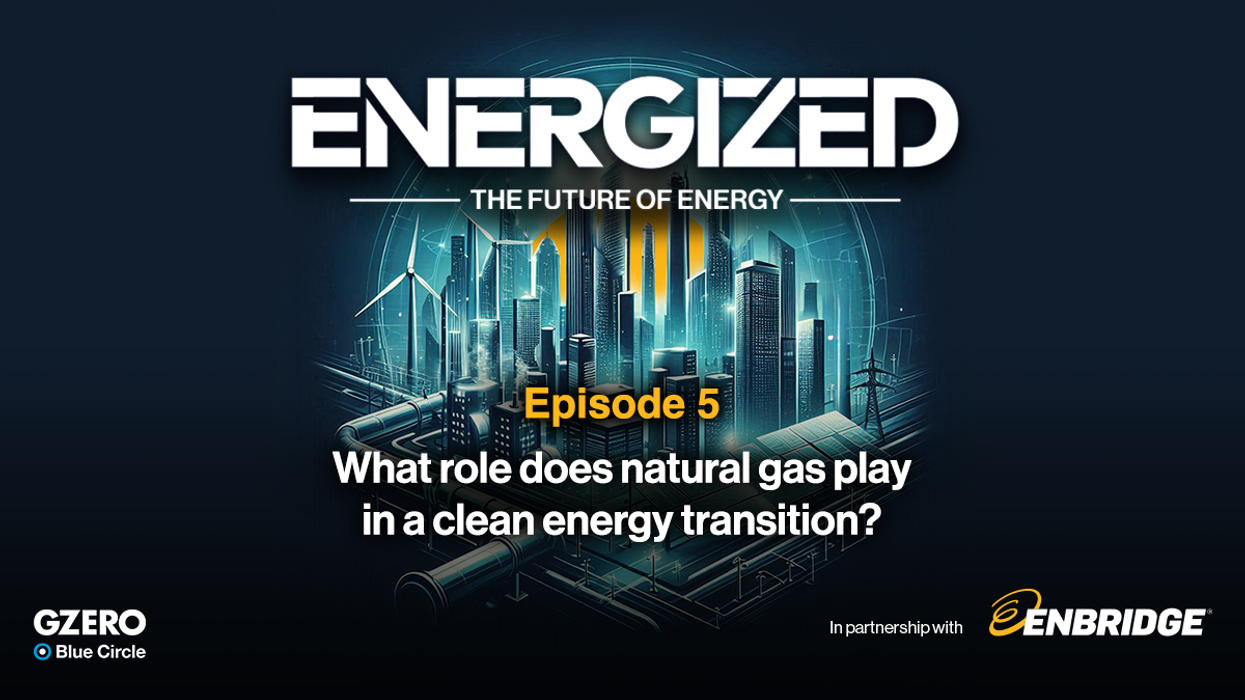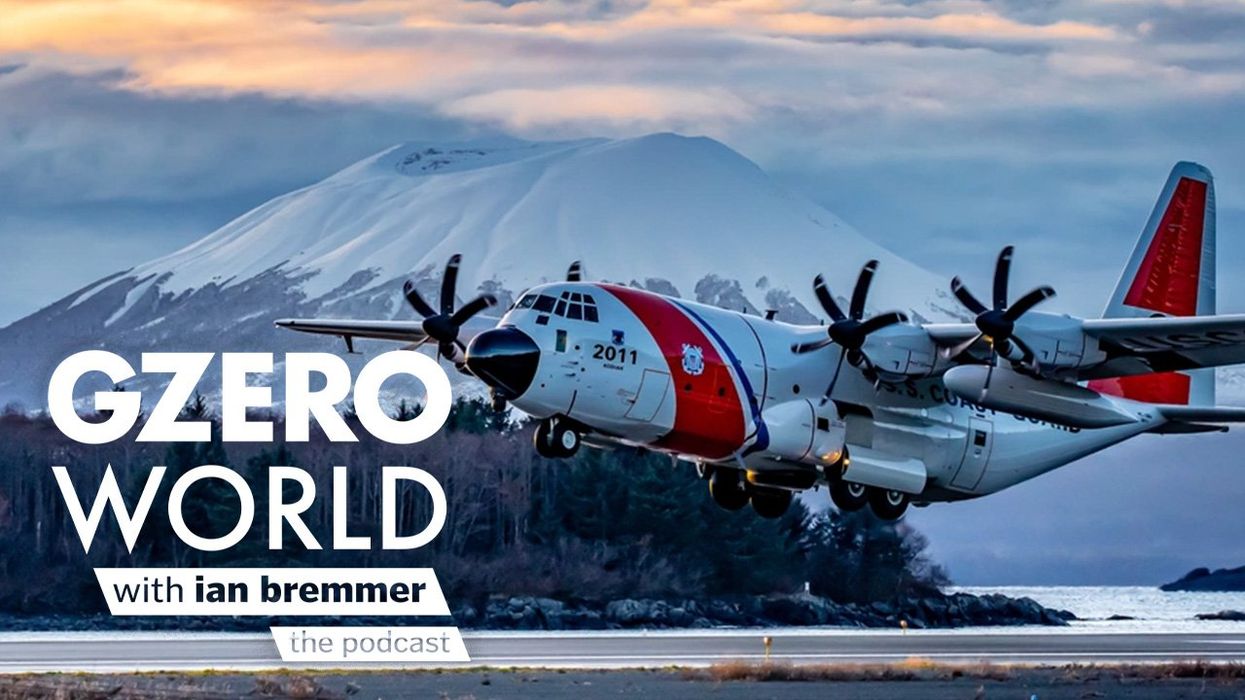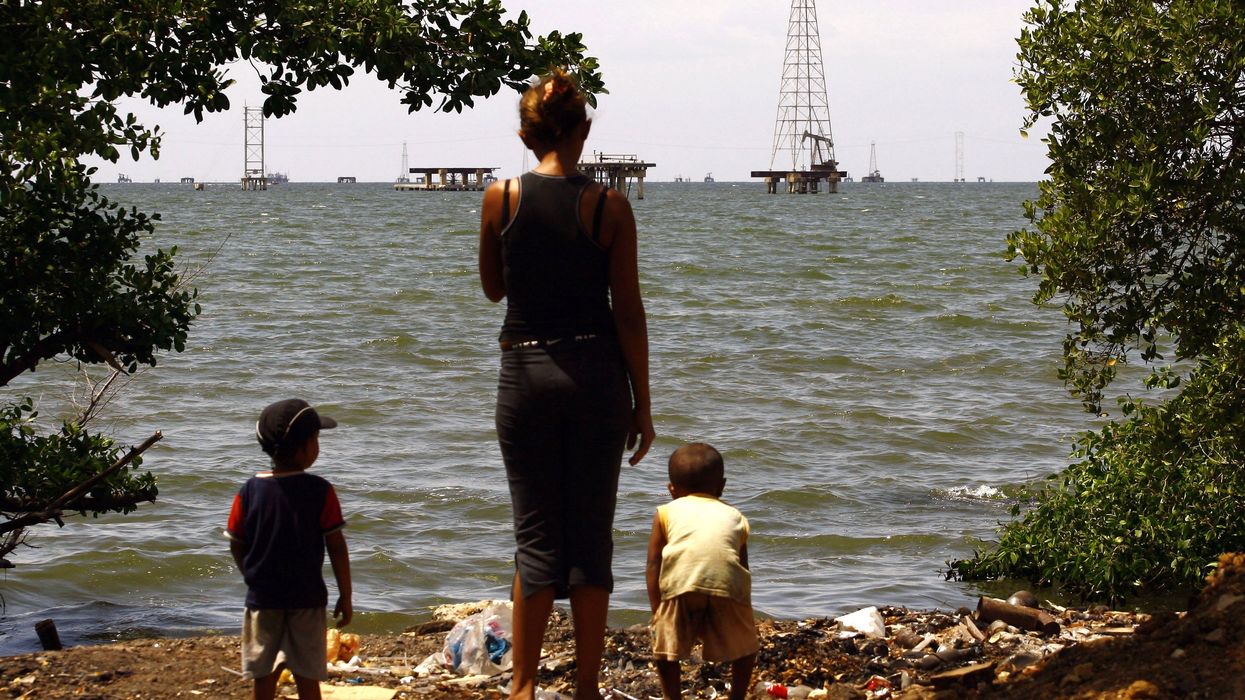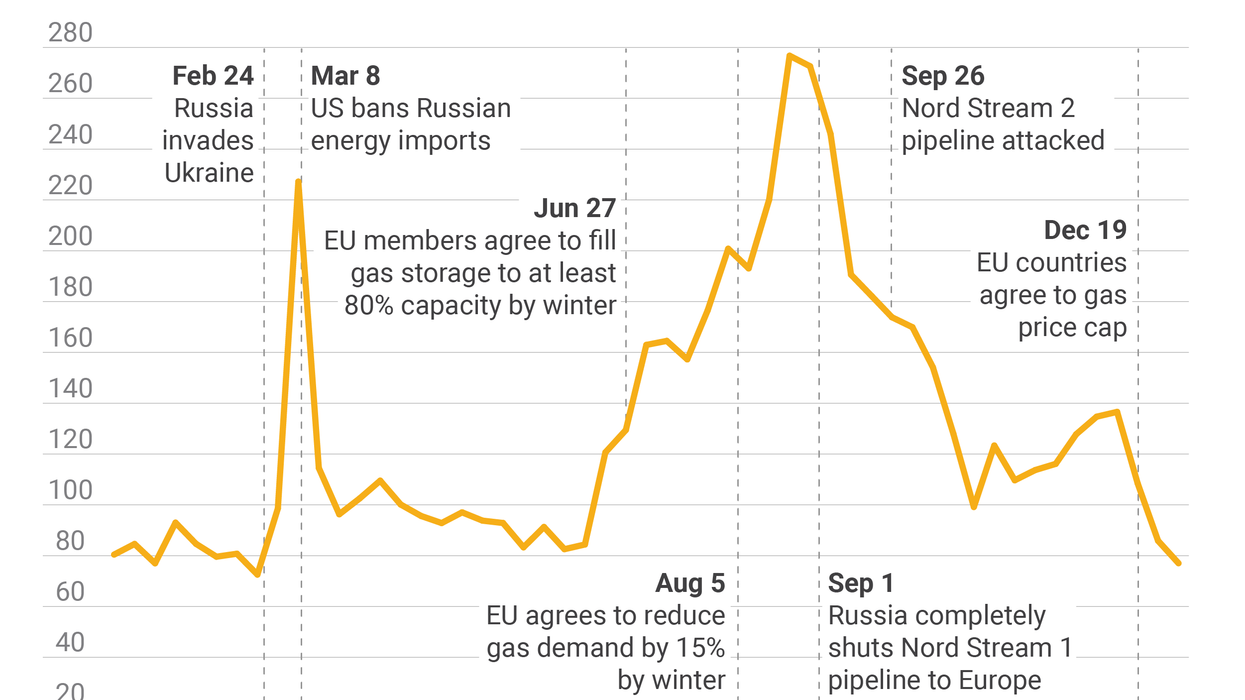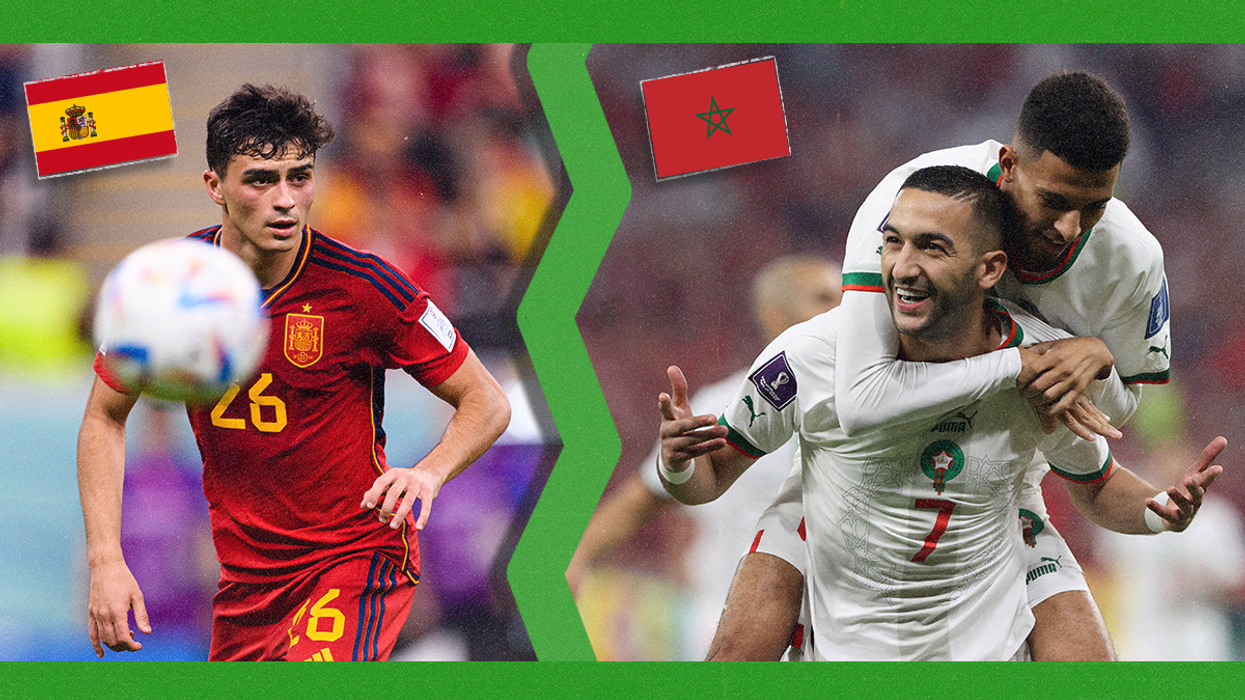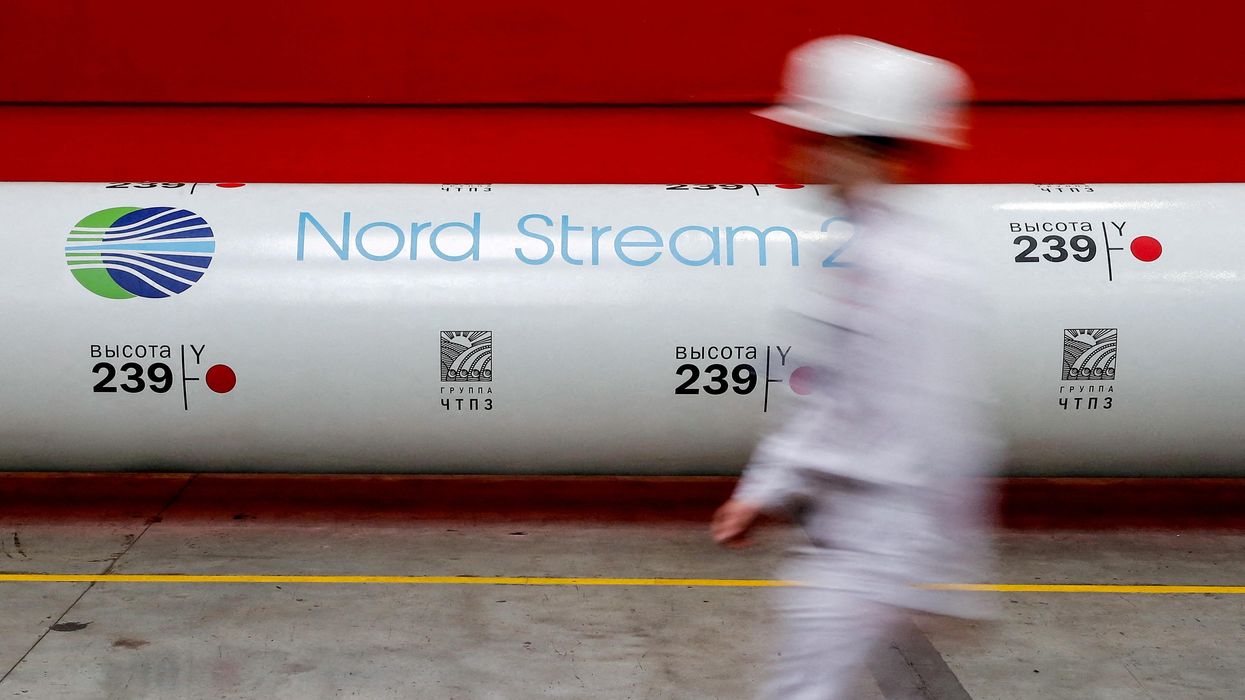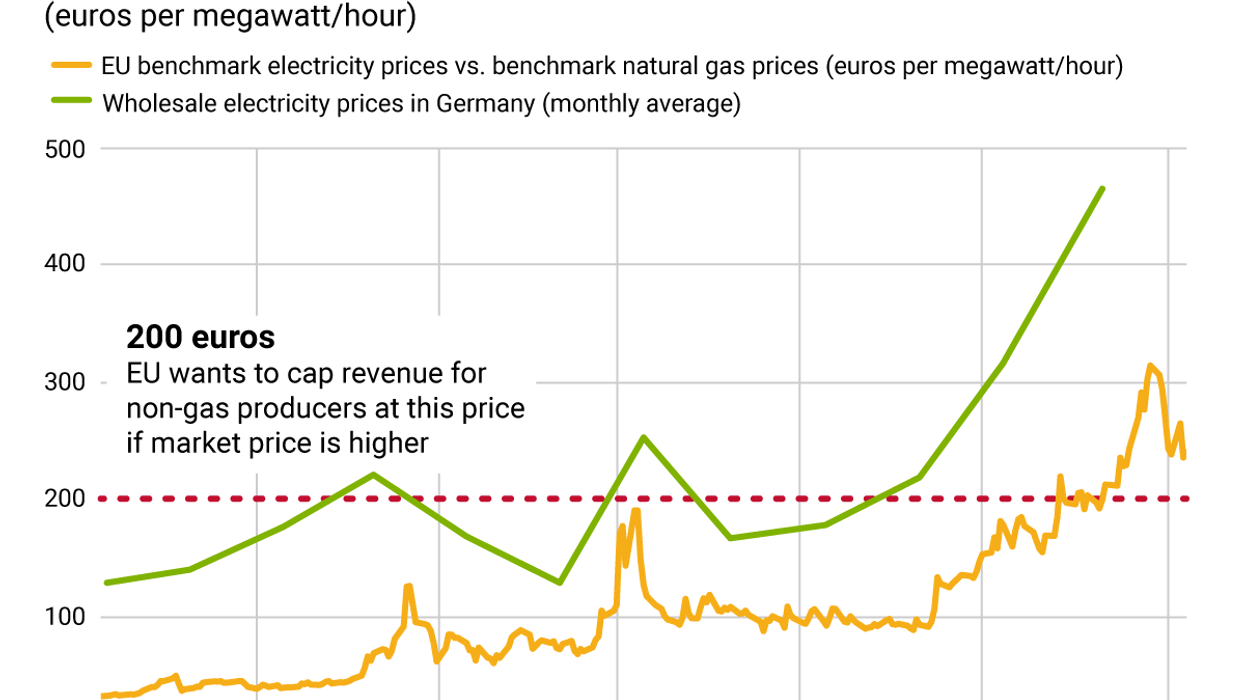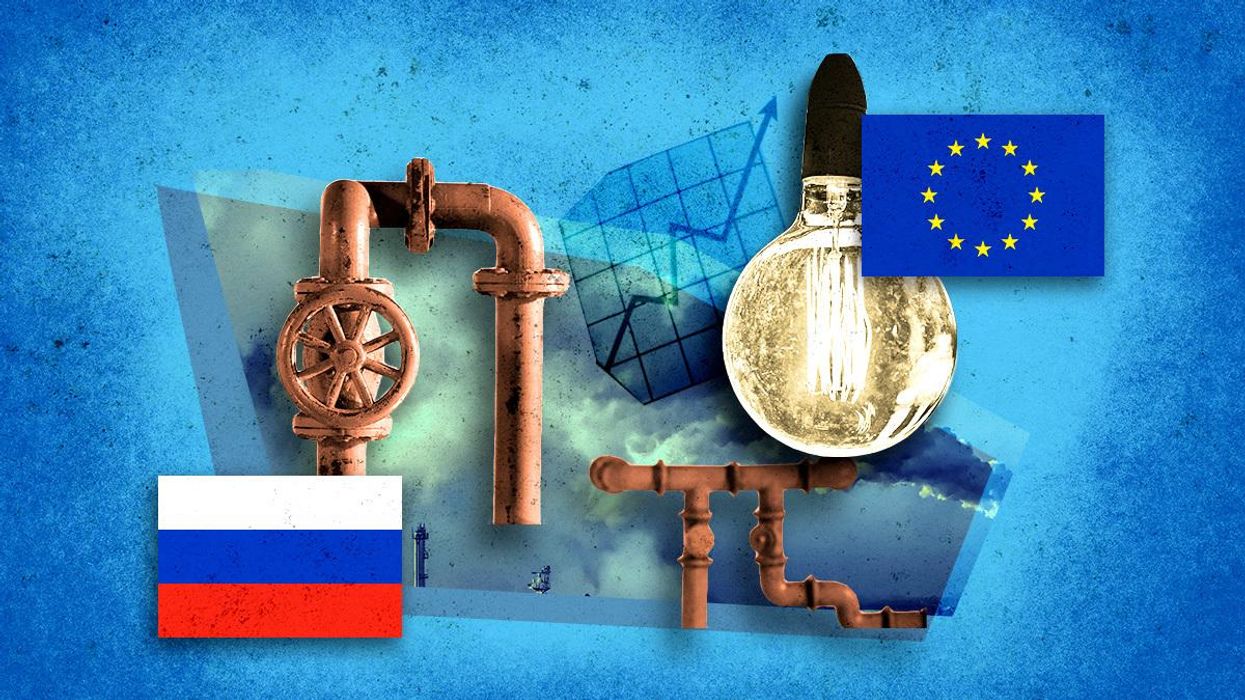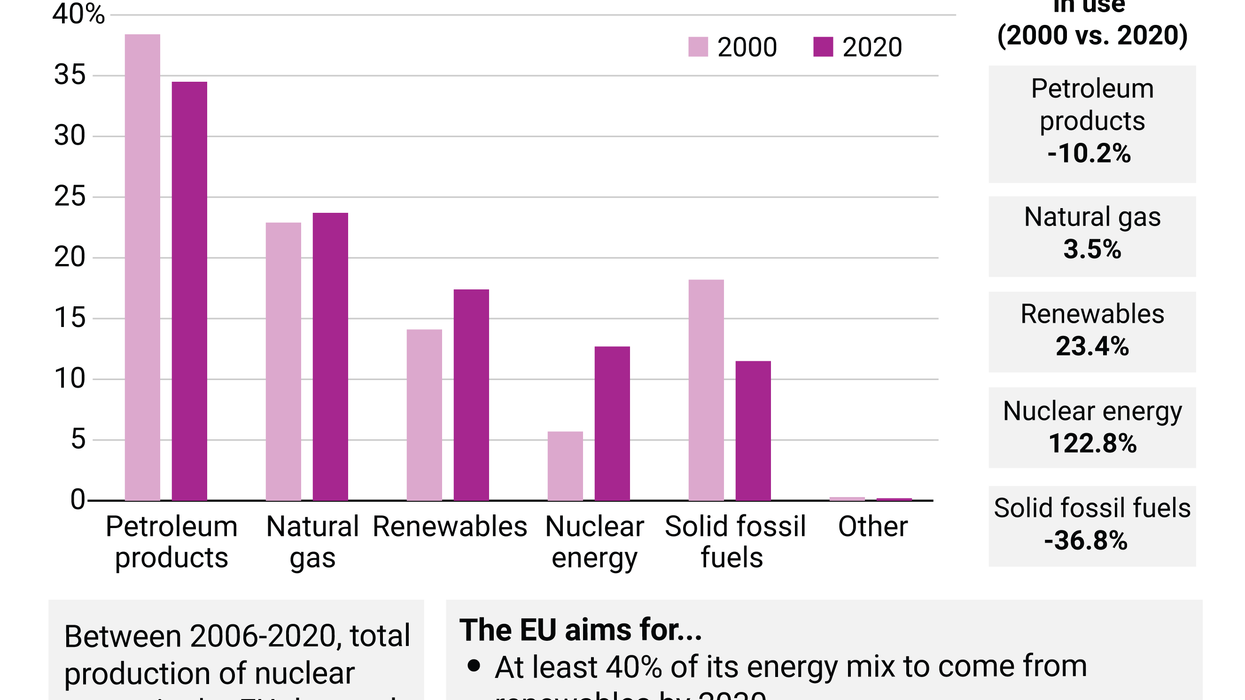What We're Watching
Iran’s energy crisis pushes economy to the breaking point
After weeks of increasingly severe blackouts caused by massive natural gas shortages in Iran, the state power company warned manufacturers on Friday that they need to brace for power cuts that could last weeks and cost billions of dollars.
Dec 22, 2024
